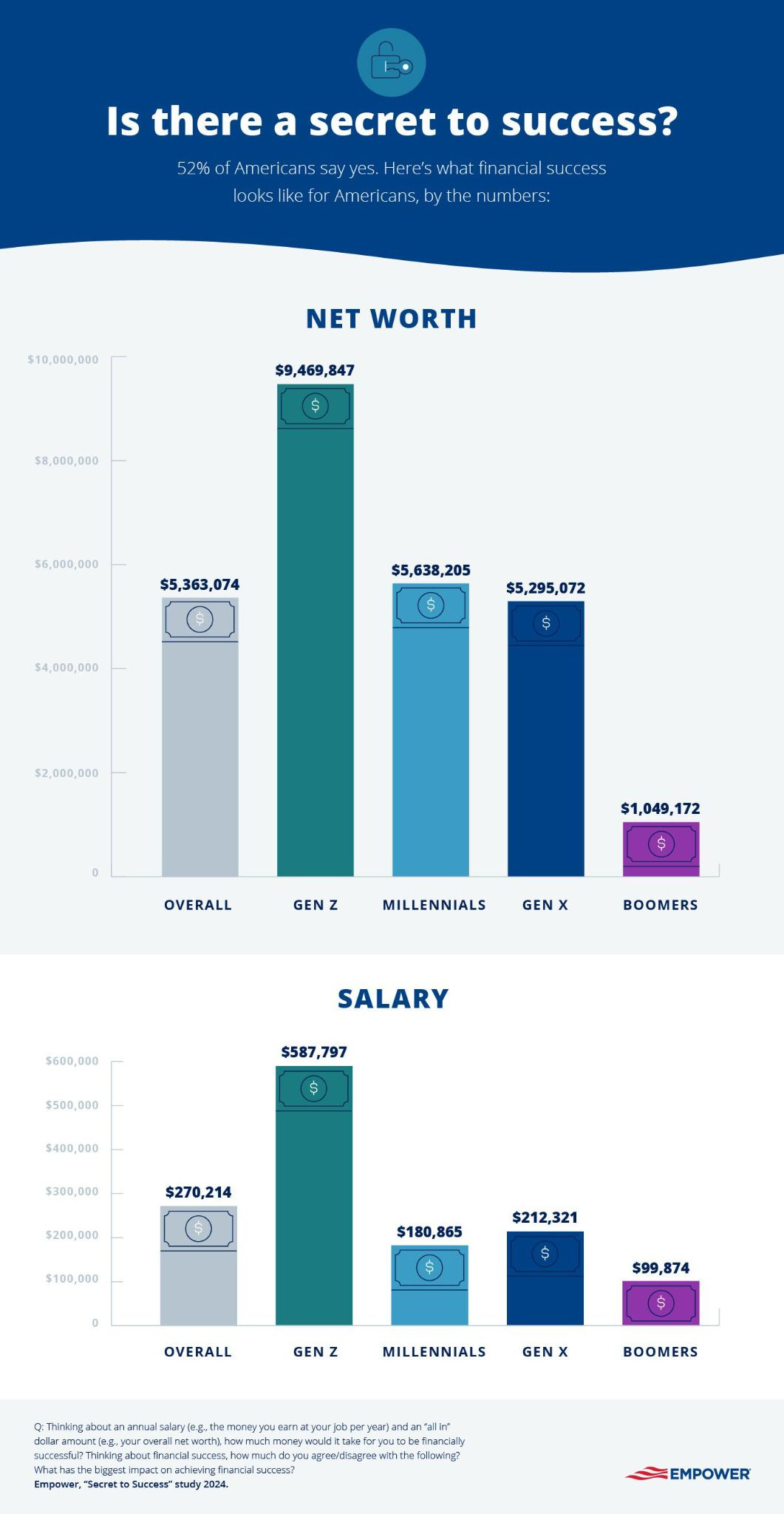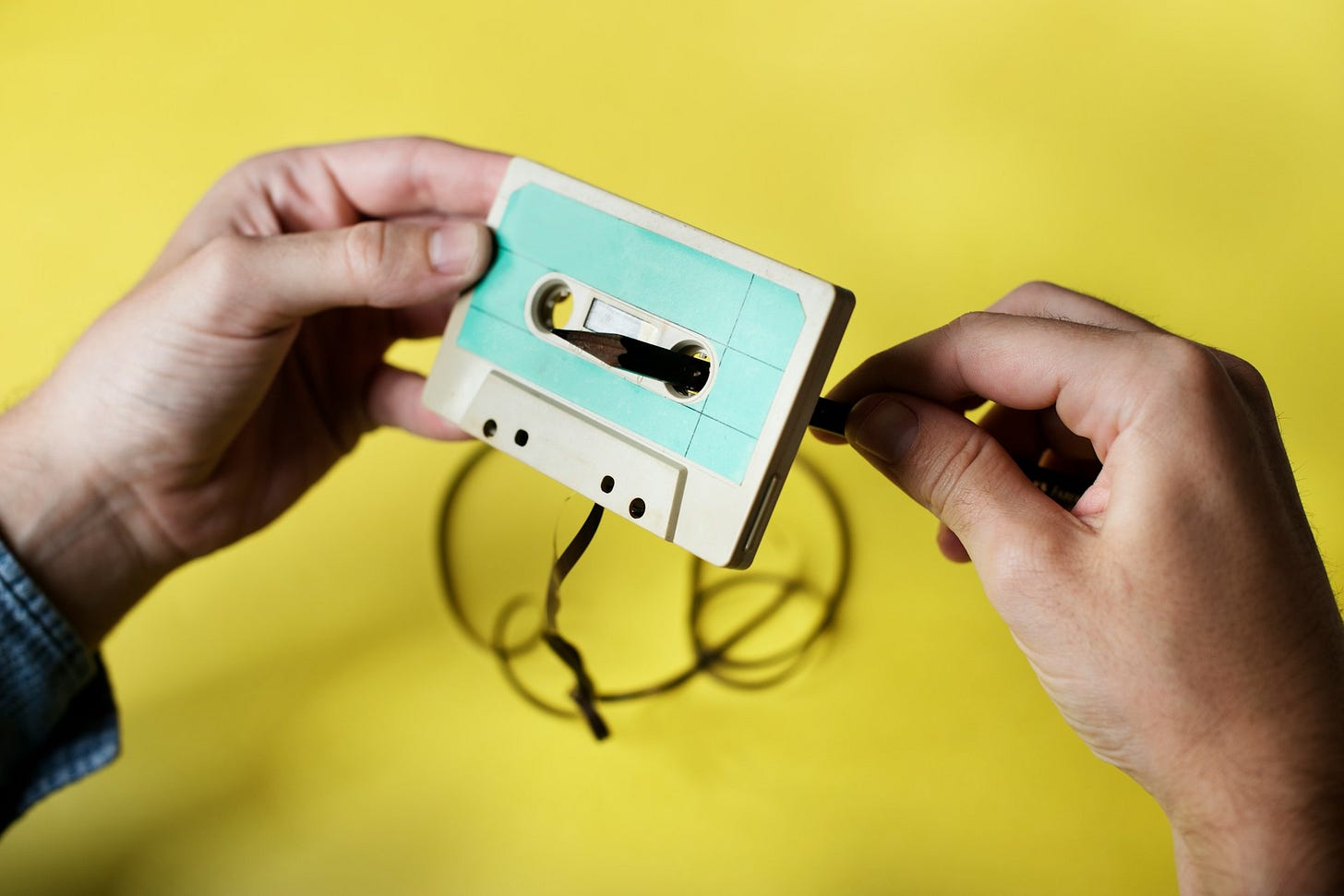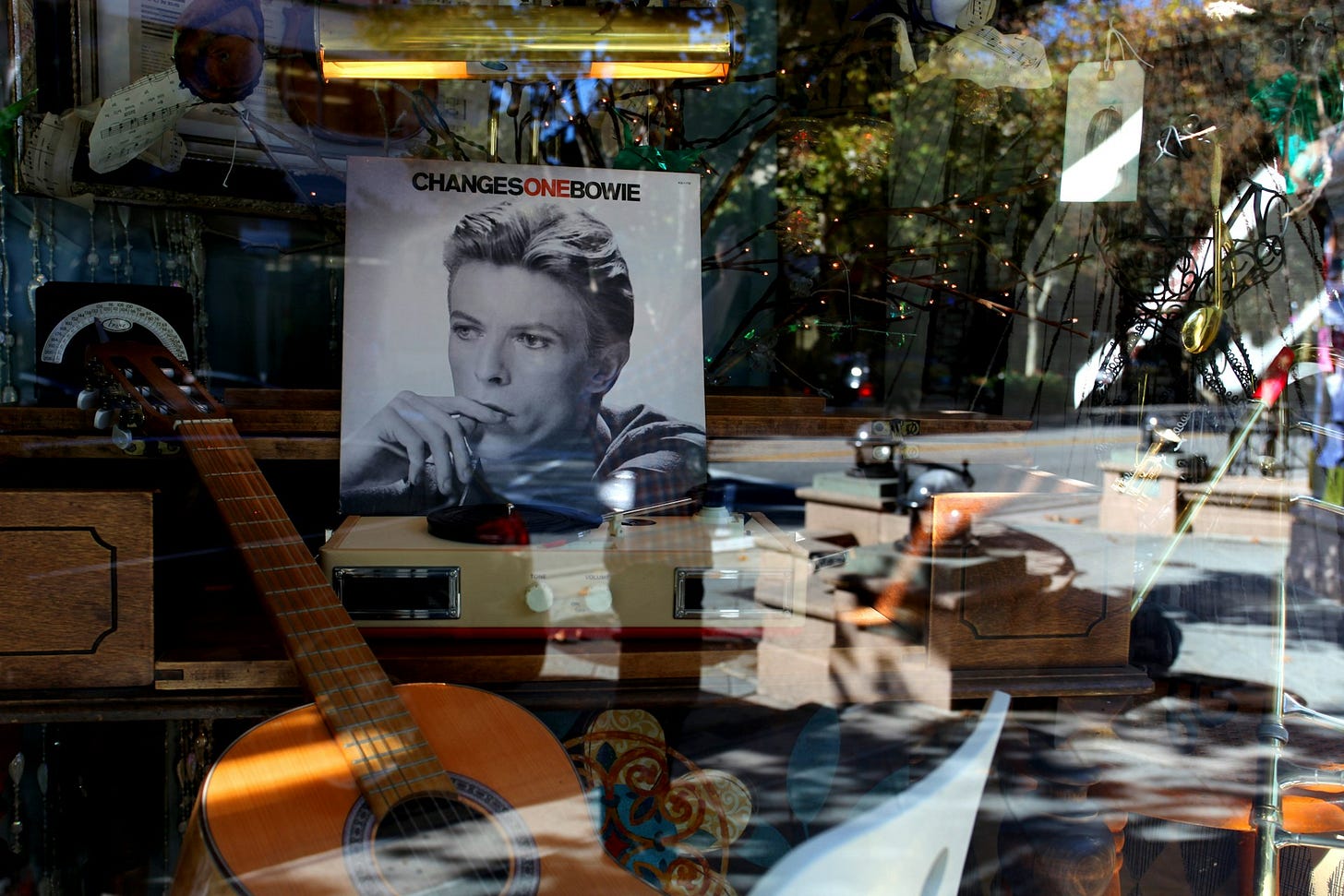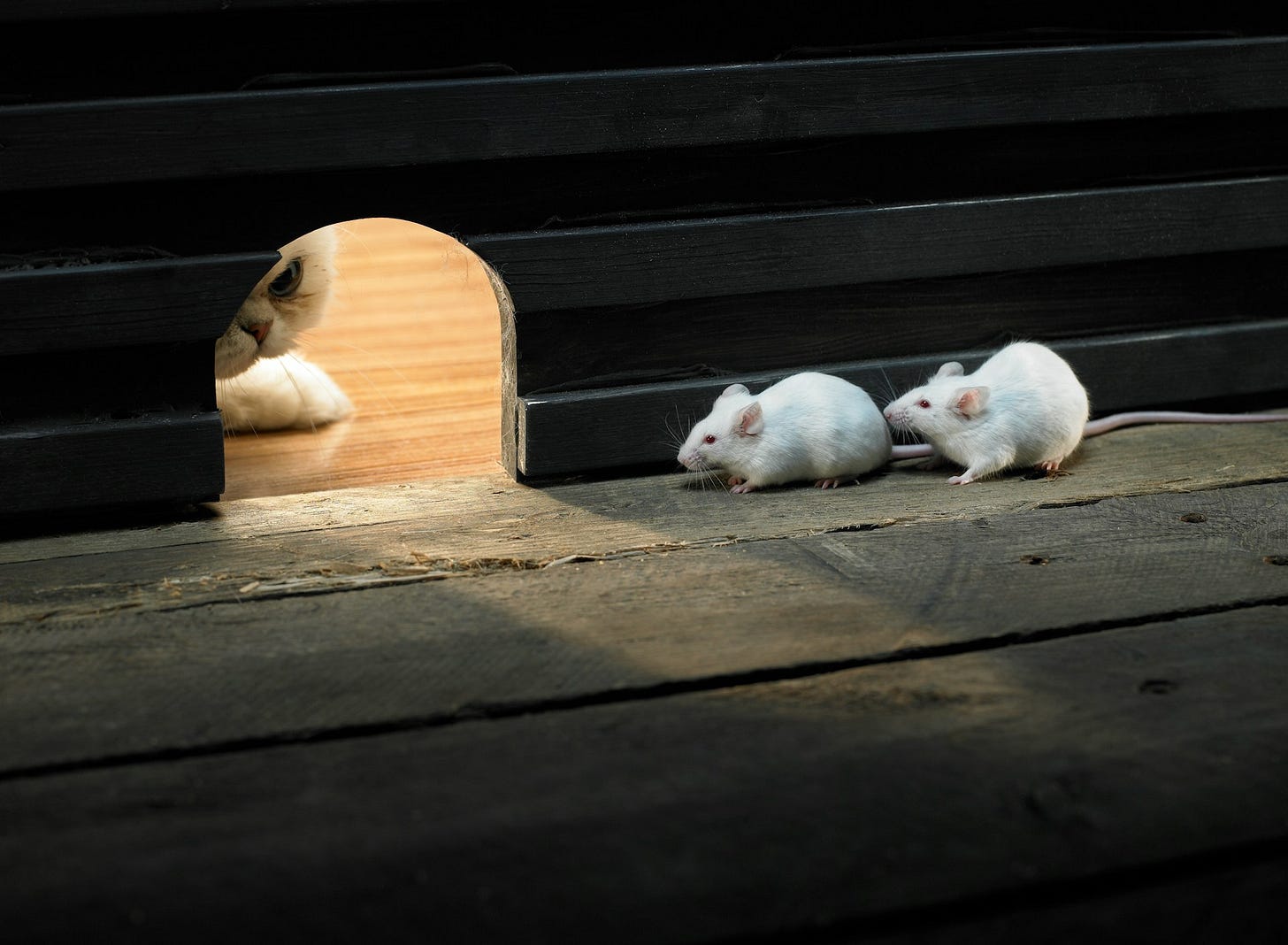Becoming unspooled: The cat and mouse of music and AI
How streaming, side hustles, and synthetic songs are rewinding the creative economy
Week 6: The cat and mouse of our AI future, where the music industry is the mouse
Ch-ch-changes
I took my undergraduate degree at the Adam Smith business school and for a long time shared the father of economics’ belief that dynamic market forces helped shape a better world. By the time I wrote my Masters dissertation on copyright and the digital economy I’d worked ten years in the entertainment industry and was convinced more than ever in the need for renewal through a brutal reshaping of the sector through the process of Creative Destruction.
“The fundamental impulse that sets and keeps the capitalist engine in motion comes from the new consumers’ goods, the new methods of production or transportation, the new markets, the new forms of industrial organization that capitalist enterprise creates… Capitalism, then, is by nature a form or method of economic change and not only never is, but never can be stationary.” Joseph Schumpeter
Still don’t know what I was waiting for
There are false dawns and stumbles along the way but eventually you look around and realise everything is better now than it was before - advanced technology at cheaper prices, more convenience and a higher quality of living.
Nostalgia is inevitable, but do I miss having to pull over my bicycle to the side of a busy road and painstakingly wind the mangled cassette reel out of my walkman whilst hoping that the music doesn’t play backwards by the time I press play again? Hell no. Now I glide through the city on an electric bike, every song I’ve ever loved just a tap away - crisp, instant and perfectly matching my mood.
Being able to find and download for free the complete works of Alfred Hitchcock, Gustav Mahler or Phil Spector was thrilling; but categorising, storing and actually playing the files was a different matter entirely. Being able to pay £3.99 for a movie on Amazon Prime or access all music in high quality for a fixed monthly subscription is a far superior user experience.

I watch the ripples change their size
When I started teaching at universities ten years ago I became an even stronger advocate for the necessity of change. The future belongs to the young and they are full of fresh ideas. What worked before is irrelevant if it’s not what the next generation desires.
It was on this subject that I had an interesting conversation over lunch last week. The topic of Gen Z in the workplace came up and my lunch companion shared insights from her business network that employers are finding it hard to integrate their youngest employees into the realities of hard work, patience and respect for company structure and decision making.
I see both sides of this fight. As a father of two Gen Z teenagers soon to enter the workforce, the optimistic teacher who has spent the last decade empowering this generation, but also as the recent company boss who often despaired at the contrary nature of employing this same generation.
“But why do I need to be in the office? Can you describe to me exactly how my working day will be improved and how frequently these serendipitous water cooler moments you talk of will actually happen?” A Gen Z employee who would then sit at their desk all day with headphones on and not speak to anyone
I understand fully however the disconnect of Gen Z and their clear disdain for the greasy pole of traditional career advancement. The idea that you let yourself be exploited for your youthful energy in return for subsistence wages on the vague illusion of later recognition and reward.
“It’s because the social contract is broken.” I explained to my lunch partner, “They don’t believe hard work and patience will be rewarded down the line with job security and a comfortable life, and they are right.”
So have Gen Z given up and resigned themselves to a future without high wages, flashy cars or expensive holidays? Far from it. They are more ambitious than any generation before them.
And these children that you spit on, As they try to change their worlds
The Empower ‘Secret to Success’ survey of 2,203 Americans 18+ in September 2024 demonstrated just how ambitious. Gen Z’s idea of financial security is the kind of wealth that is only really possible from equity and entrepreneurship and is rarely gained through salaried employment.

So whilst they might take a traditional job, Gen Z demand work-life balance which actually translates as time for side hustles, income stacking, building their influencer creds across socials, and sometimes even running two full-time salaried remote-work jobs simultaneously - check out the ‘overemployed’ and ‘financial independence, retire early (FIRE)’ subreddits. Gen Z have work ethic in spades, they just aren’t willing to give it all to one company who they know do not value them enough and offer no guarantees of future success.
If Gen Z has broken up with the idea of employment monogamy, but it’s not because of laziness. It’s the only sane response to a future where jobs vanish faster than they’re created.
In his bestselling book Nexus, renowned historian Yuval Noah Harari argues that the traditional ratio between work and ownership where roughly 80% of wealth has been built from employment and 20% through rent seeking and asset ownership is in the process of shifting and will be completely reversed in the age of AI - where over 80% of all wealth creation will gravitate to the owners of capital, as the opportunities to gain financial security through work all but dry up completely.
It’s not just musicians worried about how they might earn from their craft, but anyone who trades talent for wages in a world tilting toward automation.
As we have already explored in this series, the value of human creativity is increasingly being captured by the owners of technology - first recording technology, and now platform economics. The next step is to remove the human element of creativity entirely and build business around the creation of purely mechanical approximations of creativity based on assumptions and data on how humans communicate and express themselves but not the why. The major labels are simultaneously suing, but also negotiating with AI music generating tool makers Suno and Udio, aiming to protect their catalogue rights whilst also securing a piece of the growing AI music landscape.
If you were around the last time there was a huge tech investment bubble, you may remember the shock of a young upstart internet company called America Online (AOL) announcing that they had acquired one of the largest TV, film and publishing companies in Time Warner. I feel like one of those moments is just around the corner.
Who gets paid for a prompt?
We discussed last week how UK copyright law, originally designed to protect and empower British creators, has slowly shifted in application to now mainly benefit international corporations. These shifts will now accelerate, and may end up unintentionally, one must assume, channeling much of the value in creativity to the robots, and their overseas owners.
As things stand UK copyright law sees no issue in granting the full protections and monopolies on follow-on creativity to 100% computer generated works as it does for human creators. In the USA, they at least distinguish between human and computer generated elements of a creative work.
“If a human did it, it’s protected, if an AI did it, it’s not. I mean, that’s the ultimate line.” Keith Kupferschmid, CEO of the Copyright Alliance
Ironically, this means the same tech giants harvesting British music to train AI models, without paying the artists, can then release fully synthetic tracks that are legally protected in the UK - diluting the royalty pool even further. You’d think the UK politicians might want to protect the livelihoods of their own constituents over the profits of American (or Chinese) corporations but apparently not.
Social virality has become the holy grail of music marketing. I read an interesting article in the New York Times this week about how Concetta Kirschner, the recording artist known as Princess Superstar, became an actual superstar at the age of 52 when her song Perfect (Exceeder) went viral on TikTok after being synced for use on the cult movie Saltburn.
Where’s the Art in Artificial Intelligence?
TikTok and their Chinese owners ByteDance are now encouraging users to create their own soundtracks using prompts - so the next viral hit could easily be GenAI with music and lyrics owned by ByteDance under their terms of service with their users. This is not the stuff of fantasy if you consider the #1 record in worldwide pop charts for the last three months has been a fantasy anime k-pop band and another AI act, Xania Monet, reportedly just signed a $3 million record deal.
In the dawn of mechanical reproduction, Walter Benjamin feared art would lose its aura. Today, it’s not the aura that’s fading, it’s the artists themselves.
At a Generative AI for the Creative Industries conference I attended a couple of years ago Danijela Horak, then Head of Machine Learning at the BBC, now VP of AI at Epidemic Sounds said that thanks to Large Language Models “If you are good at language, you are now good at everything.” What she didn’t say however is that by suddenly being good at music with no formal training, education or musical talent you are probably not going to make yourself rich - but more likely, lining the pockets of the corporation who gave you the AI power up.
It turns out that the invisible hand is a perfect pickpocket. I think I prefer economist Mariana Mazzucato to Adam Smith these days: “If markets are to serve the public good, they must be shaped, not worshipped,”.
The breaking of the social contract where any money making is now socially acceptable no matter how many others it impoverishes is going to test us all - not just Gen Z. We are witnessing another wave of creative destruction, just without the creative bit.
It is said that 50% of all photos ever taken were snapped in the last five years, soon 50% of all music ever made could be spat out by machines in a few months..
This will be true as soon as hit music can be credibly created with a simple voice prompt “Alexa, make me an earnest pop banger better than the new Taylor Swift album”.
And most of that music will be owned by a few corporations.
The twist is, it probably won’t be the major music companies, or not as we recognise them today. It is more likely to be the American and Chinese AI developers whose profits, growth and extrapolated share prices will be so dominant they could snap up Universal Music for breakfast.

If we don’t redraw the boundaries of authorship now, we may soon be mere spectators as the old world crumbles once again but this time we look down, scrolling through AI-generated tributes, wondering where all the real artists went?
Sources:
Walter Benjamin (1935) The Work of Art in the Age of Mechanical Reproduction
Cory Doctorow (2025) Enshittification: Why Everything Suddenly Got Worse and What To Do About It [affiliate link https://amzn.to/47xUvCh]
Empower (2024) Secret to Success | Empower
Yuval Noah Harari (2024) Nexus, A Brief History of Information Networks from the Stone Age to AI [affiliate link https://amzn.to/46HRo9V]
Jack Kelly (2024) Why Gen-Z’s $600K Salary Benchmark Reflects a Financial Disconnect Forbes
Concetta Kirschner (2025) TikTok Made Me a Pop Star After 50 New York Times [paywall article, requires subscription]
Mariana Mazzacato (2019) The Value of Everything Penguin [affiliate link https://amzn.to/48JwoAP]
Reddit (2024) r/Fire Financially Independent, Retire Early subreddit
Reddit (2024) Overemployed
Joseph Schumpeter (1943) Capitalism, Socialism & Democracy [affiliate link to Routledge Classic edition published 2010 with a forward by Joseph Stiglitz - https://amzn.to/4gVIaub]
Murray Stassen (2024) TikTok is testing an ‘AI Song’ tool that uses a large language model for lyric generation - Music Business Worldwide Music Business Worldwide
Paul Walker (2025) Gen Z doesn’t lack a work ethic. They’re just uninspired by today’s workplace | Fortune
Elissa Welle (2025) What happens when an AI-generated artist gets a record deal? A copyright mess | The Verge
* we will earn a small commission for any sales via affiliate links







